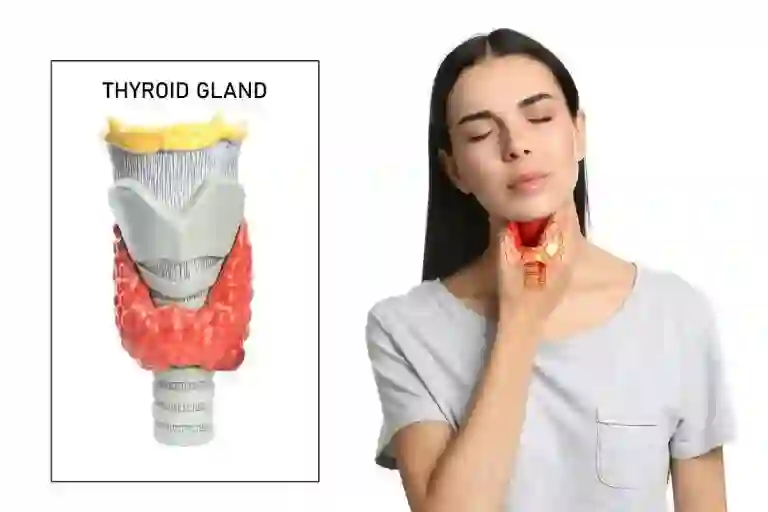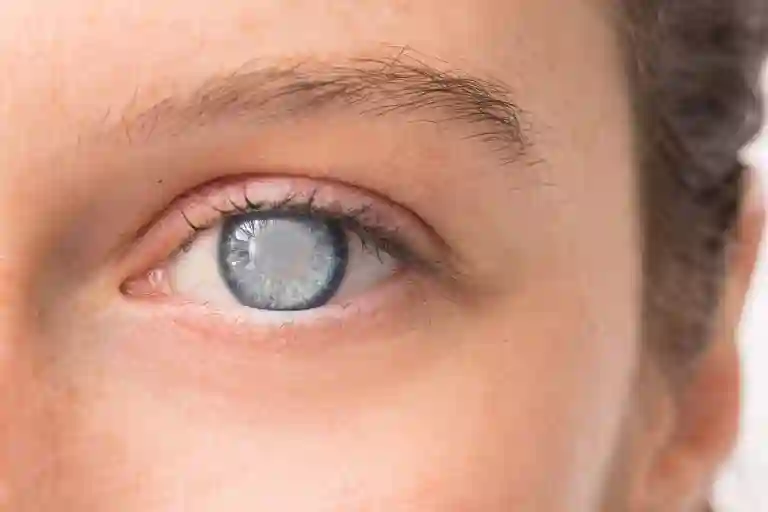The thyroid gland is a butterfly-shaped gland located in the lower part of the neck that produces thyroid hormones that help the body regulate its metabolism.
What Are Thyroid Nodules?
Thyroid nodules are lumps or growths on the thyroid gland. They can vary in size – from small (the size of a chana) to large (the size of a lemon or larger) and can be single or multiple. These nodules are extremely common and in one study about 19% of people in India were noted to have thyroid nodules. Additionally, the number keeps rising as we age – approximately half of the people above the age of 60 years will have thyroid nodules.
While most of the thyroid nodules are benign (not cancerous), approximately 5-10% of nodules are found to be cancerous.
What are the Causes of Thyroid Nodules?
The cause of thyroid nodules is not always clear. However, there are some factors that increase the risk of developing nodules, including:
1. Gender: Women are more likely than men to develop thyroid nodules
2. Age: The risk of developing nodules increases with age
3. Family history: A family history of thyroid nodules or thyroid cancer increases the risk
4. Radiation exposure: Exposure to radiation, particularly in childhood (e.g. for treatment of cancer) increases the risk of developing thyroid nodules.
What are the Symptoms of Thyroid Nodules?
In the past 2 decades, thyroid nodules have been increasingly discovered on CT/MRI/PET scans done for other reasons and do not cause symptoms in these cases. However, occasionally these nodules may cause swelling/lump in the neck, difficulty swallowing or breathing, hoarseness or other voice changes, and enlarged lymph nodes in the neck.
How are Thyroid Nodules Diagnosed?
Thyroid nodules are often discovered during a physical exam or imaging test such as a CT/MRI/PET scan. If a nodule is discovered, the following tests may be required:
1. Thyroid Ultrasound/Sonogram: High-frequency: sound waves are used to take a picture of the thyroid gland and nodule. It can quickly determine if a nodule is solid or fluid-filled (cystic) and it can choose the size of the nodule.
2. Fine needle aspiration biopsy (FNAB): A small sample of tissue is removed from the nodule using a thin needle and analyzed for cancer cells
3. Thyroid function tests: Blood tests are used to measure the levels of thyroid hormones and thyroid-stimulating hormone (TSH)
4. Nuclear thyroid scan: Not routinely needed nowadays with the use of ultrasound. It involves giving a very small dose of radioactive iodine and taking pictures with a special camera
What is the Treatment of Thyroid Nodules?
The treatment of thyroid nodules depends on whether the nodule is cancerous or not. Benign [Non-cancerous] nodules usually do not need treatment and may be monitored over time to ensure they are not growing or causing symptoms. Occasionally, overactive, or large nodules may require treatment with radioactive iodine therapy or surgery.
If the nodule is cancerous, treatment options may include surgery, radioactive iodine, and very rarely chemotherapy.
In conclusion, thyroid nodules are common and are usually benign, but in rare cases, they can be cancerous. Most of the nodules do not cause any symptoms, but if you notice a lump in your neck or have trouble swallowing or breathing, it is essential to see your family doctor or an endocrinologist.


















